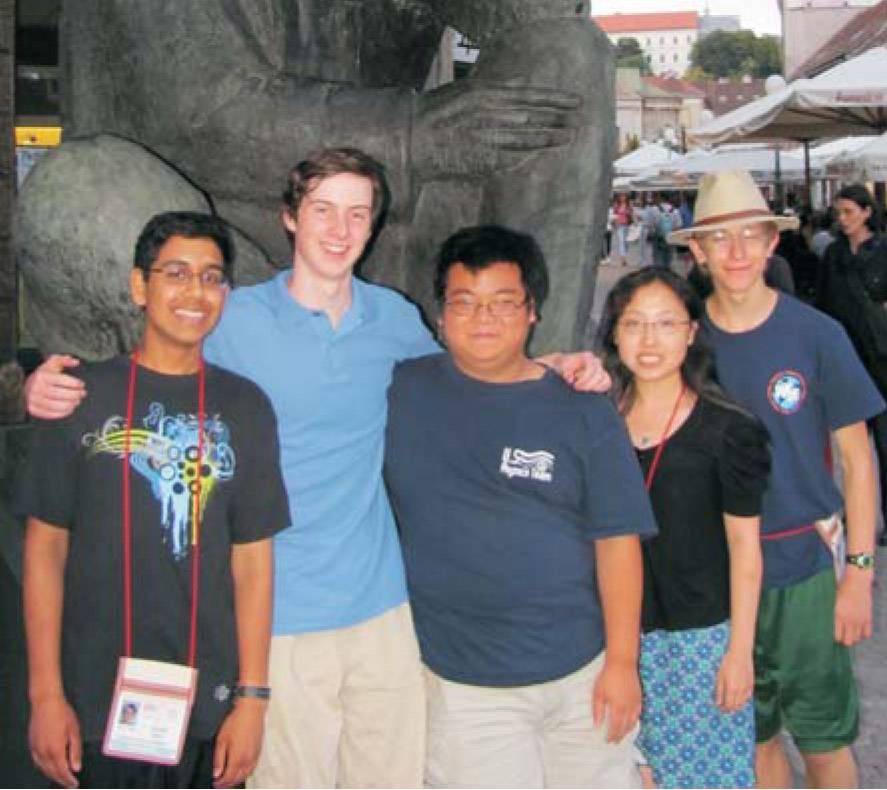Physics olympiad meets in Croatia
DOI: 10.1063/1.3490494
A greater open-endedness to the questions in the 41st International Physics Olympiad marked a return to a tradition that rewards competitors for creativity and originality, says US team coach Paul Stanley of Beloit College in Wisconsin. A previous trend toward a more guided “cookbook approach” came about because it made grading easier, he adds.
Some 370 high-school students from 80 countries participated this year in the olympiad, held 17-25 July in Zagreb, Croatia. Despite the more challenging exam format, the team from China shone as it has for years. Yichao Yu earned the top overall score, the top score in the theoretical section, and recognition for the most original solution, and all five Chinese competitors won gold medals. The teams from Taiwan and Thailand also took home all golds. Hungary’s Zoltán Jáhn scored the highest in the experimental part of the competition.
Some teams that have traditionally done very well slipped a bit, including those from the US, Japan, Iran, India, and Russia, notes Stanley. Still, all five US competitors won medals. Daniel Li of Fairfax, Virginia, garnered a gold; Eric Spieglan of Lisle, Illinois, and Anand Oza of North Potomac, Maryland, won silvers; and Jenny Lu of Southbury, Connecticut, and David Field of Andover, Massachussetts, won bronzes.
The theoretical questions this year concerned the height for efficient burning in a chimney; image charges; and binding energy, fission energy, and other calculations for atomic nuclei. The experimental tasks involved measuring forces between a ring and a rod magnet and determining bending rigidity and Young’s modulus using a flexible foil.
Next year’s physics olympiad will be held in Bangkok, Thailand.

The US high schoolers who competed in this year’s physics olympiad in Zagreb were, from left, Anand Oza, David Field, Dan Li, Jenny Lu, and Eric Spieglan.
PAUL STANLEY

More about the authors
Toni Feder, American Center for Physics, One Physics Ellipse, College Park, Maryland 20740-3842, US . tfeder@aip.org





